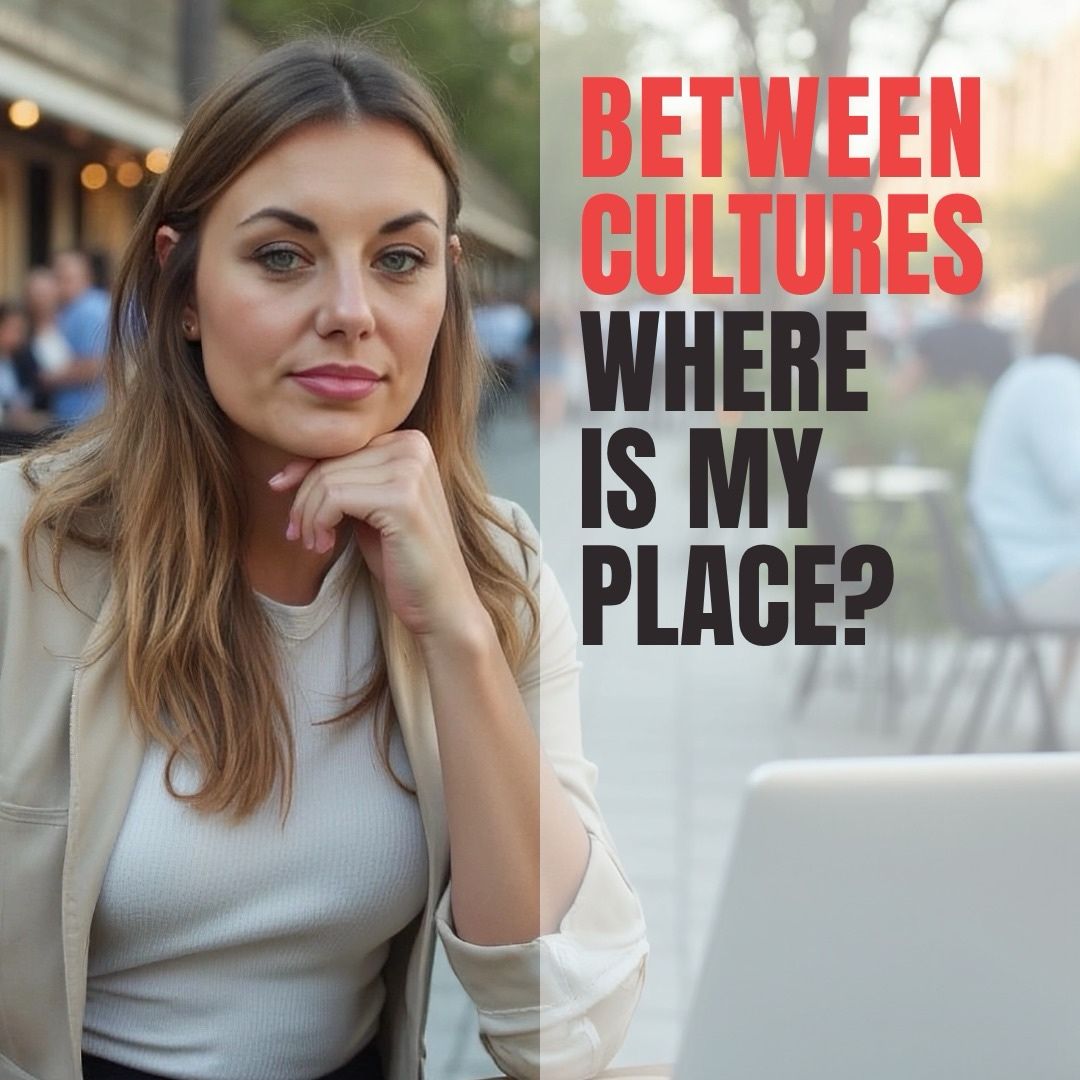I was never foreign enough – and never truly German.
“You came to Germany as a child, so that shouldn’t be a problem for you.”
I’ve heard this sentence countless times.
From teachers. From colleagues. From people who meant well.
💡And yet, it captures the problem perfectly.
I was born in Poland. I came to Germany as a young child.
My parents had no one to explain how this country works.
No integration course. No guidance. No language for what they were feeling.
👉🏼Their insecurity became mine.
👉🏼Their silence – my shame.
👉🏼Their invisibility – my search for belonging.
I learned to function. I wanted to belong. Maybe too much.
I distanced myself from where I came from and often had no idea where I really stood.
This inner conflict is something many people with a migration story know all too well.
Today I know: it’s not about “either-or.” It’s about seeing and understanding both:
The culture you come from and the one you live in now.
💡I’ve also learned this:
When people can’t find words for their lived reality, they start blaming themselves or others.
Both are destructive.
Today, I work with individuals, teams and organizations who are finally ready to take cultural tensions seriously, before they lead to talent loss, quiet quitting, or persistent misunderstandings.
And I often ask:
👉 Where in your system are there people who are expected to belong but were never structurally included?
Anyone who sees integration as an individual task fails to understand that it requires a cultural architecture.
Not just for newly arrived internationals.
But for all those who’ve been walking along the margins for far too long.
Where is my Place?
